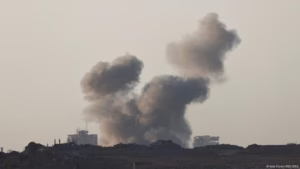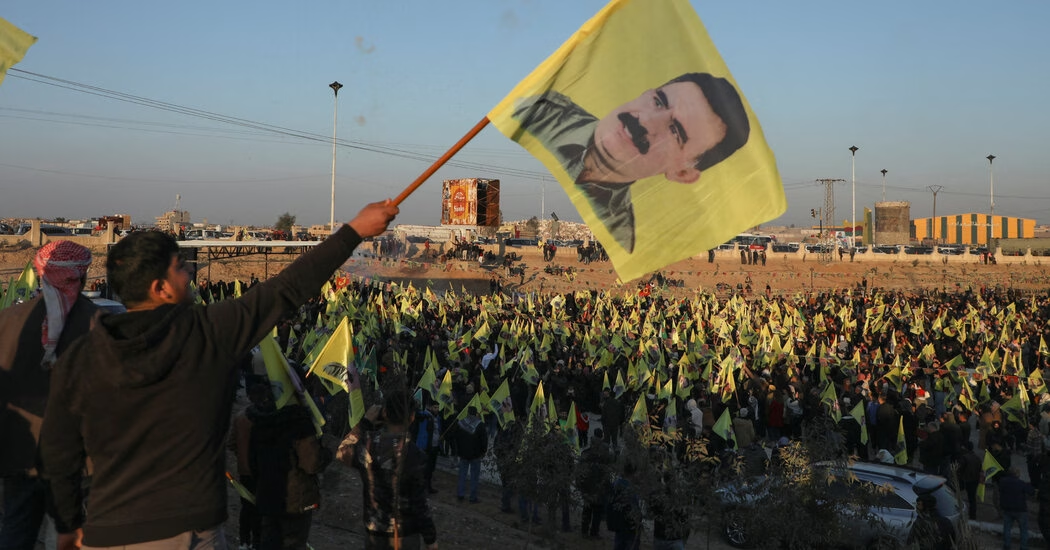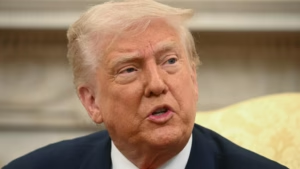A Kurdish group, known for its longstanding insurgency against the Turkish state, has announced its decision to lay down its arms and put an end to the conflict – a move that is poised to have far-reaching implications for neighboring countries. This declaration came just a few months after Abdullah Ocalan, the incarcerated leader of the Kurdistan Workers’ Party (P.K.K.), urged his group to disarm and disband. According to Ocalan, the armed struggle had surpassed its initial purpose.
Initially, the P.K.K. aimed to carve out an independent state for Turkey’s Kurdish minority. Over time, its goals shifted toward seeking greater rights for Kurds within Turkey. In its latest statement, the group claimed it had brought the Kurdish issue to a point where it could be resolved through democratic means, thereby completing its mission.
The group emphasized the importance of Ocalan leading the disarmament process and called on Turkey’s Parliament to be involved. Should this come to pass, it would mark the end of one of Turkey’s longest-running security challenges, potentially offering a significant political victory to President Recep Tayyip Erdogan. Moreover, the conflict which has taken over 40,000 lives could finally be laid to rest.
The P.K.K.’s move is also likely to have a substantial impact on other Kurdish militias, especially those in Syria, thus altering the regional dynamics beyond Turkey’s borders. The Kurds, a group of approximately 40 million, have historically faced substantial state-sponsored suppression of their language and culture across countries like Turkey, Syria, Iran, and Iraq. They were initially promised a nation by global powers following World War I, leading to various rebellions in attempts to fulfill this promise.
The P.K.K. has bases tucked away in the mountainous areas of Iraq’s northern Kurdish region. Turkey has persistently targeted these strongholds, as well as P.K.K.’s offshoot controlling parts of Syria’s northeast, deeming them a terror threat. Despite this, Turkish officials have not publicly stated any concessions were offered to the P.K.K. to encourage their decision. Nonetheless, officials from Turkey’s main pro-Kurdish party have expressed hope the government might increase cultural and educational rights for Kurds. Safak Timur contributed to this report.
Source: https://www.nytimes.com/2025/05/12/world/europe/kurdish-pkk-turkey.html




